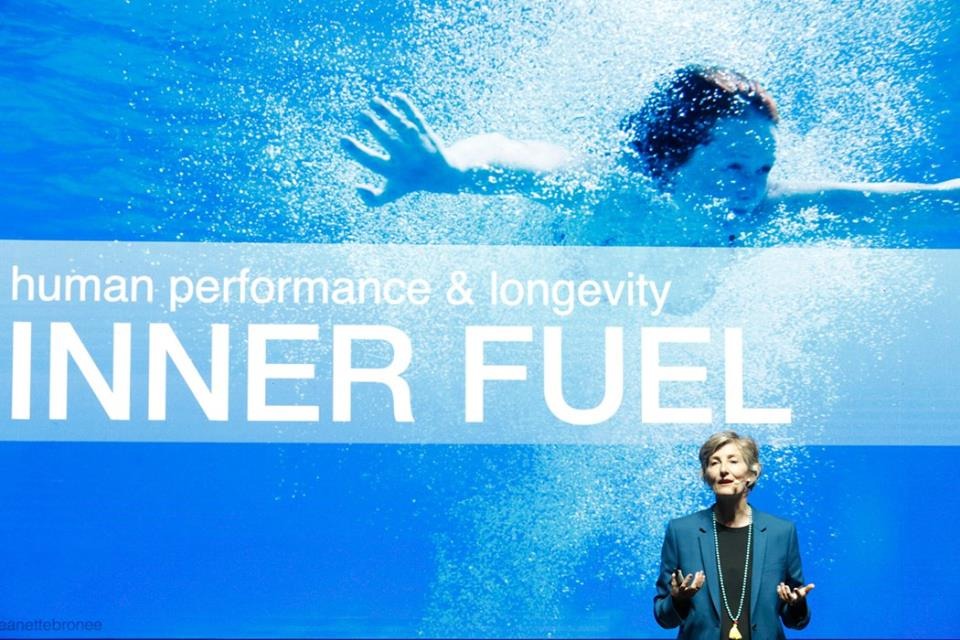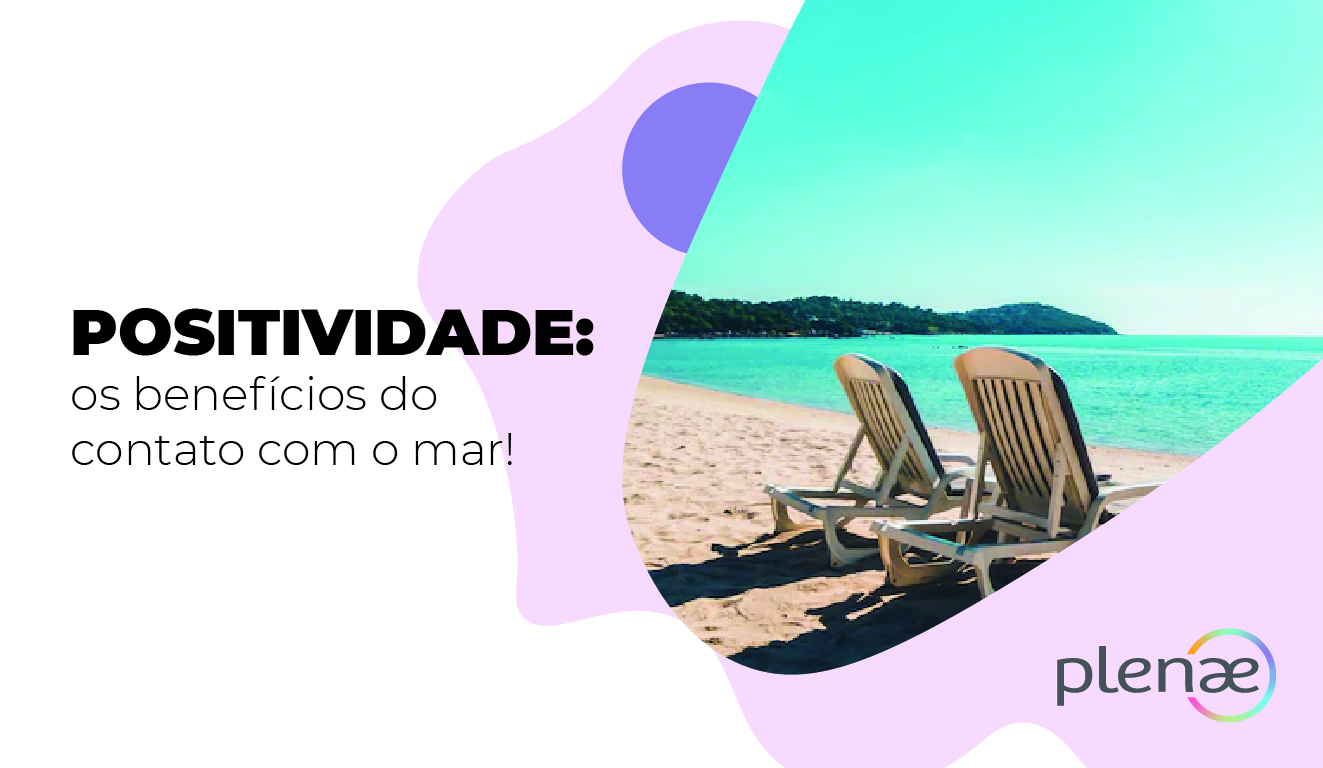Para Inspirar
“When we want something to happen, time flies. Today, technology drives the world and we believe we can hack the system and control time. But we always have the same 24 hours”


Para Inspirar
Destino favorito nas férias para grande parte dos brasileiros, não é exagero dizer que o mar acalma e faz bem para a saúde.


Não é nenhuma novidade que o contato com a natureza é extremamente benéfico para os seres humanos, como já te contamos aqui. Trilhas, florestas, acampamentos: é sempre bom olhar para as nossas raízes e entender que fazemos parte do mundo, não que estamos à parte dele.
O mar não podia ser diferente. O local de origem de toda a vida na Terra ainda exerce um fascínio enorme sobre muitas pessoas, e com razão. Afinal, não é água com açúcar que acalma, é água com sal. E o mistério é tanto que há uma máxima científica que estabelece: conhecemos mais do espaço sideral do que dos nossos oceanos. O fundo do mar abriga, sim, muitas incógnitas.
Para além de tantos poemas, livros, quadros e filmes sobre o mar, existe algum benefício real de dar um mergulho na água salgada da praia? A resposta pode parecer óbvia, mas sim, sentimos as benesses cada vez que entramos, pé ante pé e com medo da hora que a água gélida chega ao umbigo, toda aquela imensidão azul.
Benefícios do mar
Um deles é sobre a pele. Os minerais presentes na água do mar ajudam a combater os sintomas da psoríase e até a acne. Mas dermatologistas recomendam o banho de chuveiro ao deixar a praia para evitar problemas com o ressecamento e até possíveis alergias que o sal do mar pode causar.
Soluções contendo água e sal são muito usadas pela indústria farmacêutica como descongestionante nasal. Pois bem, o mar nada mais é que uma dessas num nível exorbitante. Não resolve problemas como a sinusite ou a rinite, mas alivia tanto quanto qualquer remédio.
O próprio ato de ir à praia é visto como universalmente relaxante. O chamado “blue space”, ou espaço azul, a combinação mesmerizante entre as cores do céu e o do mar, tem o poder de nos colocar num estado comparado ao da meditação. A criatividade aflora, a tranquilidade prevalece e, assim, até a saúde mental é beneficiada.
É possível, também, a prática de atividades esportivas no mar, com todos os benefícios conhecidos e reservados a elas. O nado, por exemplo, é bem diferente daquele feito em piscinas, mas tão benéfico quanto. O preparo e as condições são diferentes e devem ser levados em conta, porém, os benefícios para o corpo e a mente permanecem parecidos.
No quesito do esporte, existe um que só pode ser praticado no mar: o surf. Estreante nas últimas Olimpíadas, em Tóquio, a modalidade é conhecida e amada por pessoas de todo mundo com suas pranchas e cabelos parafinados. Além das descargas de endorfina tão pertinentes a qualquer atividade física, o surf aumenta a resistência e principalmente o equilíbrio, oferecendo, também, a oportunidade de conhecer mais sobre o mar.
Mas se tal conhecimento é o objetivo principal, o mergulho é imbatível. Sempre com os equipamentos corretos e acompanhamento da devida instrução, claro, mas é uma ótima chance de se ter uma janela para toda essa vida submersa naquilo que ocupa 70% do planeta. Além disso, o mergulho pode ser benéfico para sua resistência, resiliência e expandir sua capacidade pulmonar.
Outras atividades como o stand up paddle ou o windsurf, apesar de exigirem outros objetos e outro tipo de preparo, podem ser muito divertidas e também uma forma de se conectar com o mar. E a diversão, por si só, já traz benefícios como liberação de hormônios relacionados ao bem-estar.
A natureza é nossa mãe e o mar nossa primeira casa. Por mais que, enquanto espécie, tentamos negar esses fatos, os efeitos que tanto uma quanto a outra ainda exercem sobre nós são muito potentes, podendo até mudar toda a vida de alguém. A praia por si só parece sempre convidativa e acolhedora. Então, da próxima vez que estiver em uma, faça um favor a si: tome um banho de mar e deixe que todos os problemas vão embora com a maré.
Conteúdos
Vale o mergulho Crônicas Plenae Começe Hoje Plenae Indica Entrevistas Parcerias Drops Aprova EventosGrau Plenae
Para empresas